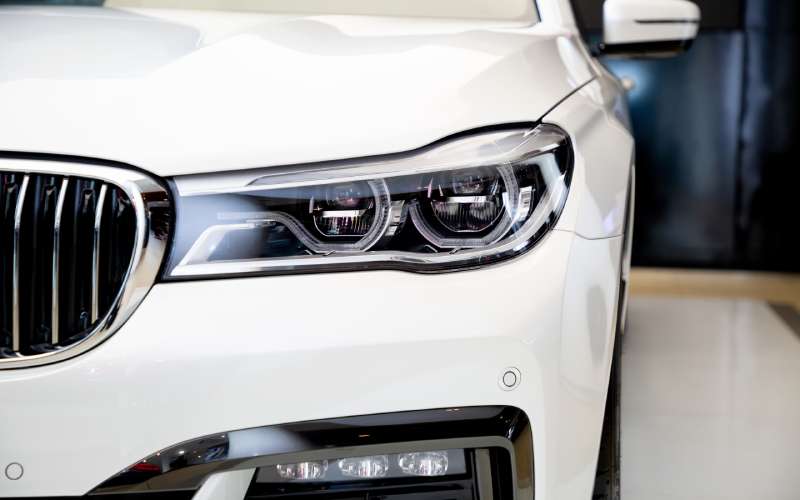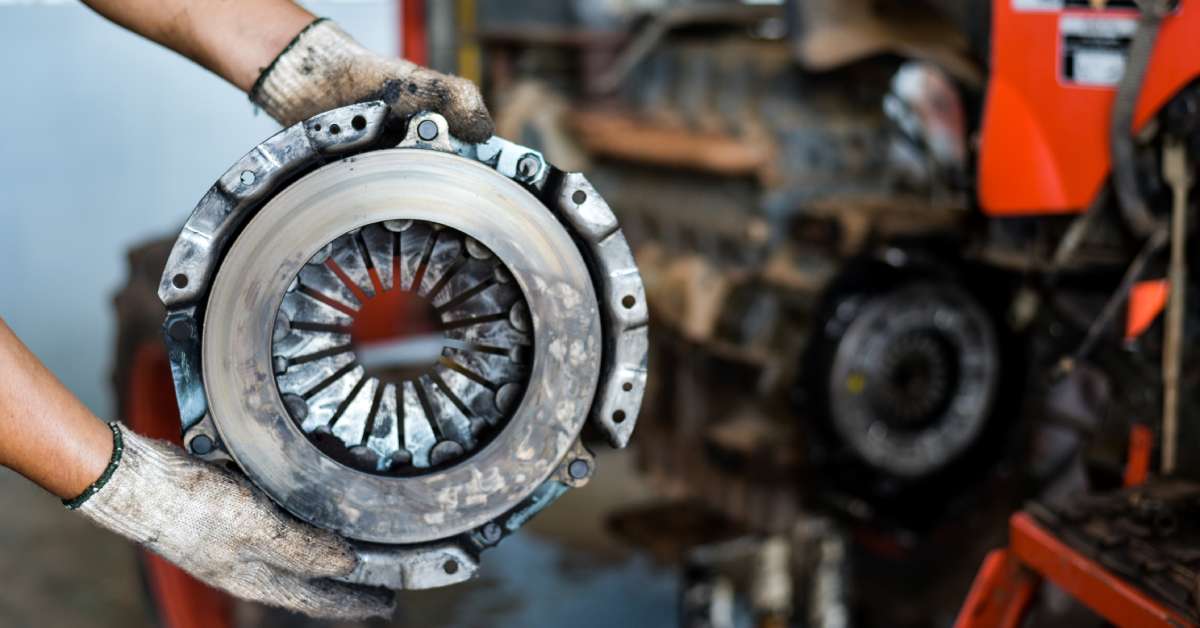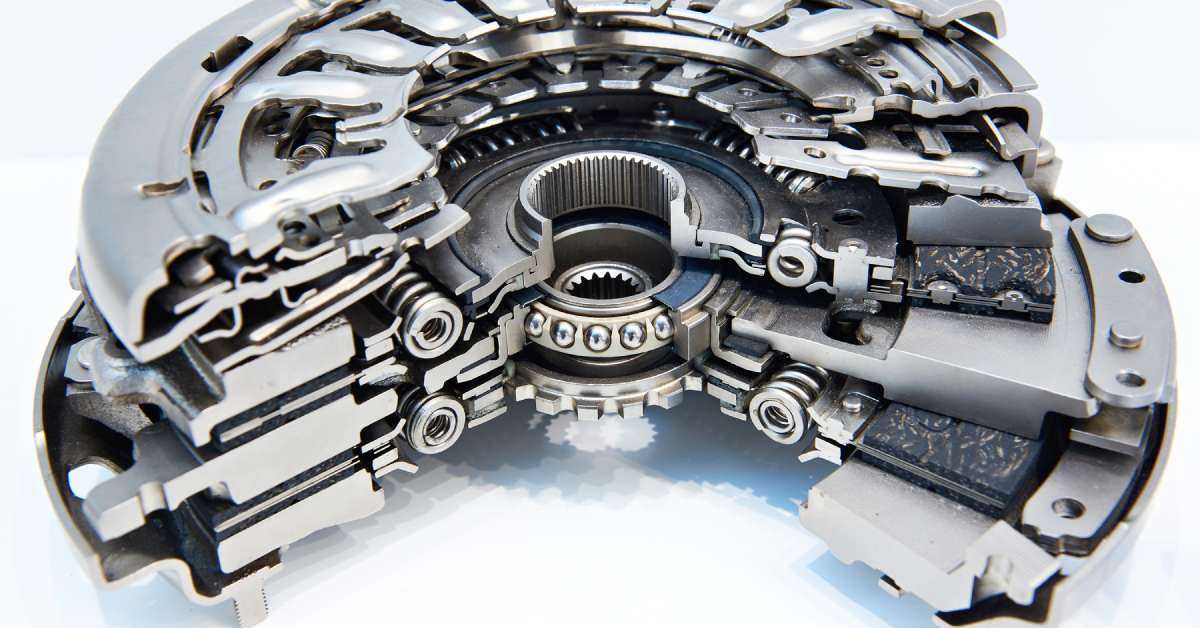Everything You Need To Know About Your BMW’s Slipping Clutch

BMW is an automaker known for its high-quality cars and parts, but even the best wear down sometimes. One crucial component that many drivers overlook is the clutch.
If your vehicle’s clutch starts to slip, it can ruin your driving experience and lead to costly repairs. If this sounds like your car, we’ll walk you through everything you need to know about why your BMW’s clutch is slipping and what you can do about it.
The Clutch’s Role in Your BMW’s Performance
Your BMW’s clutch is crucial for transferring engine power to the wheels, enabling smooth gear shifts that optimize performance and fuel efficiency. A well-functioning clutch is vital for safe driving and ensures smooth acceleration while prolonging the life of your transmission and drivetrain components. Regular maintenance and prompt attention to clutch issues are essential, as ignoring them can lead to more significant problems that impact your car’s performance and your finances.
What Sets BMW Clutches Apart
BMW clutches meet the exacting standards of performance that these luxury automobiles demand. Unlike standard clutches in many other vehicles, BMW clutches often employ sophisticated materials and engineering techniques that enhance durability and responsiveness. This includes the use of high-friction materials and multi-plate configurations that provide smoother engagement and better power transfer.
BMW vehicles typically utilize a range of performance clutch types, like aluminum and multi-plate configurations. While BMW employed dual disc clutches in many models over the years, the automaker is phasing them out of its “M” lineup of high-performance vehicles. But if you’re a BMW owner who still wants the high-octane performance and power delivery of a twin disc clutch, you can find a kit from an aftermarket supplier like Clutch Masters Industries.
Signs of a Slipping Clutch
BMW owners must know the signs of a slipping clutch to diagnose the problem as soon as possible. If your BMW exhibits these faults, it may be due to a slipping clutch.

Loss of Power and Acceleration
One of the first indicators that something might be wrong with your clutch is a noticeable loss of power when accelerating. This can manifest as a feeling that your engine is revving up, yet your speed fails to increase at the expected rate.
If you find that your RPMs are increasing significantly without a corresponding increase in speed, it’s a strong sign that your clutch may be slipping. This slipping can lead to reduced performance and may even cause further damage if left unaddressed.
Difficulty Shifting Gears
Another sign that something may be wrong with your BMW is difficulty shifting gears. If you find your car is making grinding noises or feels spongy when pressing the clutch pedal, investigate further.
These symptoms can indicate issues with the clutch, such as wear and tear or insufficient hydraulic fluid levels. Ignoring these warning signs can lead to more significant problems down the road, potentially affecting your vehicle’s overall performance and safety.
Burning Odor
It’s never a good sign to smell something burning coming from your vehicle. If the odor seems to be coming from the engine bay, it likely indicates that the clutch is overheating, which can lead to premature wear and tear.
Overheating can result from several factors, including excessive slipping during gear shifts or riding the clutch. If you ever smell a burning odor from your BMW, you should stop and inspect it to locate the source immediately. Continuing to drive could lead to more significant damage.
Common Causes of a Slipping Clutch
Several factors can cause a clutch to slip, particularly in BMW vehicles, leading to decreased performance and a less enjoyable driving experience.
Clutch Disc Wear
One primary reason for clutch slippage is the gradual wear of the friction material on the clutch disc. As this material deteriorates, its ability to grip the flywheel effectively diminishes, resulting in slipping. While some wear is a natural consequence of regular driving, aggressive driving habits, such as rapid acceleration and high-rev shifts, can significantly accelerate wear.
Oil Leaks
Leaking oil from the engine or transmission can also wear down the clutch and cause slippage. If the engine oil or transmission fluid seeps onto the clutch components, it can create a slippery surface, preventing proper engagement. If you spot leaking fluid below your BMW or within the engine bay, stop driving and inspect for damage immediately.
Worn or Damaged Flywheel
If the clutch flywheel’s surface becomes uneven or has hot spots due to excessive heat, it can hinder the clutch from making proper contact. The uneven surface disrupts the smooth engagement of the clutch, which is crucial for transferring power from the engine to the transmission. Regularly inspect the clutch system, and address any signs of wear or damage to the flywheel to maintain optimal performance.
Tips for BMW Owners To Prolong Clutch Lifespan
Lastly, in our guide to everything you need to know about your BMW’s slipping clutch, we’ll offer helpful tips on how to avoid deteriorating the clutch so it doesn’t slip.

Practice Smooth Driving Habits
Adopting smooth driving techniques can significantly prolong the lifespan of your BMW’s clutch. Avoid sudden accelerations and hard stops, as these aggressive driving styles put unnecessary strain on the clutch components. Instead, focus on gradual acceleration and deceleration, allowing the clutch to engage and disengage smoothly.
Regular Maintenance Checks
Routine maintenance plays a pivotal role in preserving the health of your BMW’s clutch. Schedule regular inspections with a qualified mechanic to evaluate the condition of the clutch components, including the clutch disc, flywheel, and hydraulic system. Early detection of wear or potential issues can help prevent more significant problems and save you money on repairs.
Avoid Riding the Clutch
One of the most detrimental habits for clutch health is “riding the clutch,” which occurs when the driver partially engages the clutch pedal while driving. This practice generates excessive heat and accelerates wear.
Drivers, especially those of high-quality BMW cars, should avoid riding the clutch at all costs to prevent unnecessary degradation. Always fully engage the clutch when shifting gears, and avoid resting your foot on the pedal while driving. This simple adjustment can make a significant difference in the longevity and performance of your BMW’s clutch so you can enjoy a smoother drive for years to come.
Repair or Replace Your BMW’s Clutch With Clutch Masters Industries
Your BMW’s clutch is crucial for performance and drivability, so recognizing signs of a slipping clutch and addressing them promptly can prevent costly repairs. If you’re ever in need of a BMW clutch replacement or parts to repair, Clutch Masters Industries is here to help with our wide selection of clutch kits and components for all kinds of clutch assemblies. Browse our inventory of aftermarket clutch parts, or contact our staff to speak with an expert today.


